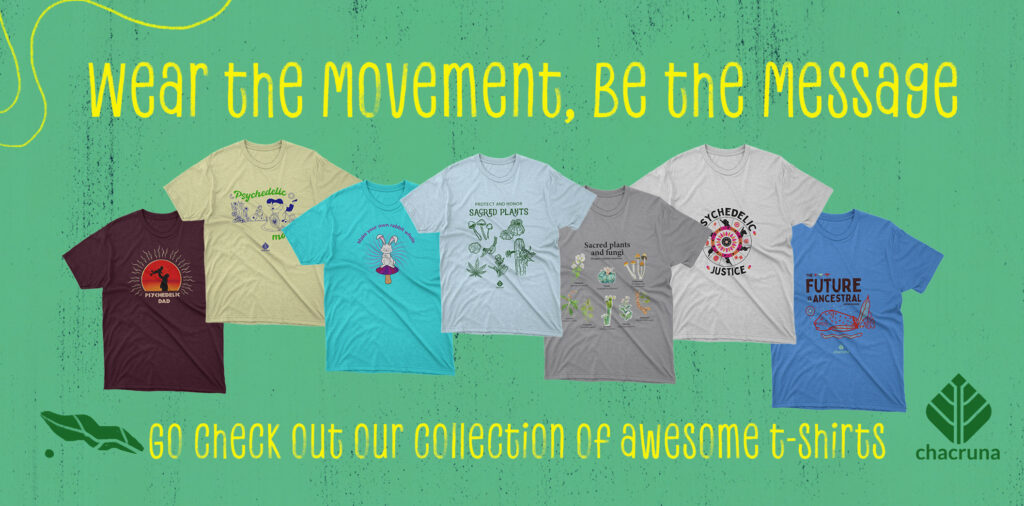- Caste Consciousness, a Lingering Presence: Global Discrimination and Psychological Impact - May 16, 2024
- Bad Faith. - May 14, 2024
- Building Healthy Connections: Nurturing Intimacy Through Empowered Vulnerability - May 13, 2024
It’s About: Learning to be Human
In a world where racist systems and policies continue to undermine the well-being of minoritized communities, the need for allies from dominant groups to support those affected by systemic oppression becomes increasingly urgent. But what motivates individuals to step up and become effective allies? A new study explores the role of compassion and empathy in fostering allyship, shedding light on potential pathways for reforming oppressive systems and promoting social justice.
Recent events, including the COVID-19 pandemic and instances of police violence, have laid bare the stark reality of structural racism in the United States, amplifying the urgency for meaningful change. However, achieving this change requires more than just good intentions; it requires concrete actions rooted in compassion and empathy for those impacted by discrimination and injustice.
Compassion has the potential to bridge the gap between intention and action, serving as a powerful force for change in the fight against systemic racism.
The study explores how compassion, defined as recognizing and alleviating the suffering of others, can serve as a catalyst for allyship with minoritized communities. By examining the relationship between compassion and allyship, researchers aim to uncover strategies for cultivating empathy-driven advocacy and solidarity. One key finding of the study is the correlation between self-reported acts of compassion and levels of allyship with Black or African American communities among individuals who do not identify as Black. This suggests that fostering a compassionate mindset may indeed pave the way for more meaningful engagement and support for marginalized groups.
Moreover, the research highlights the importance of distinguishing allyship from saviorism—a crucial distinction that emphasizes the need for genuine solidarity rather than superficial gestures. True allyship involves actively listening to and centering the experiences of minoritized communities, rather than imposing one’s own agenda or seeking personal validation.
True allyship requires more than just good intentions; it demands a genuine commitment to understanding and addressing the root causes of injustice.
In conclusion, the study underscores the central role of compassion in driving effective allyship and social justice activism. By embracing compassion as a guiding principle, individuals can leverage their empathy to enact meaningful change and stand in solidarity with those fighting against systemic injustice.
Note: This series highlights articles from the recently published special issue of Frontiers in Psychology, “Power, Discrimination, and Privilege in Individuals and Institutions,” edited by Sonya Faber, Monnica T. Williams, Matthew D. Skinta, and Bia Labate.
Karnaze, Melissa M., Rajagopalan, Ramya M., Eyler, Lisa T., & Bloss, Cinnamon S. (2023). Compassion as a tool for allyship and anti-racism. Frontiers in Psychology 14. https://doi.org/10.3389/fpsyg.2023.1143384
Art by Mariom Luna.

Shop our Collection of Psychedelic T-Shirts.
Take a minute to browse our stock:
Did you enjoy reading this article?
Please support Chacruna's work by donating to us. We are an independent organization and we offer free education and advocacy for psychedelic plant medicines. We are a team of dedicated volunteers!
Can you help Chacruna advance cultural understanding around these substances?

















